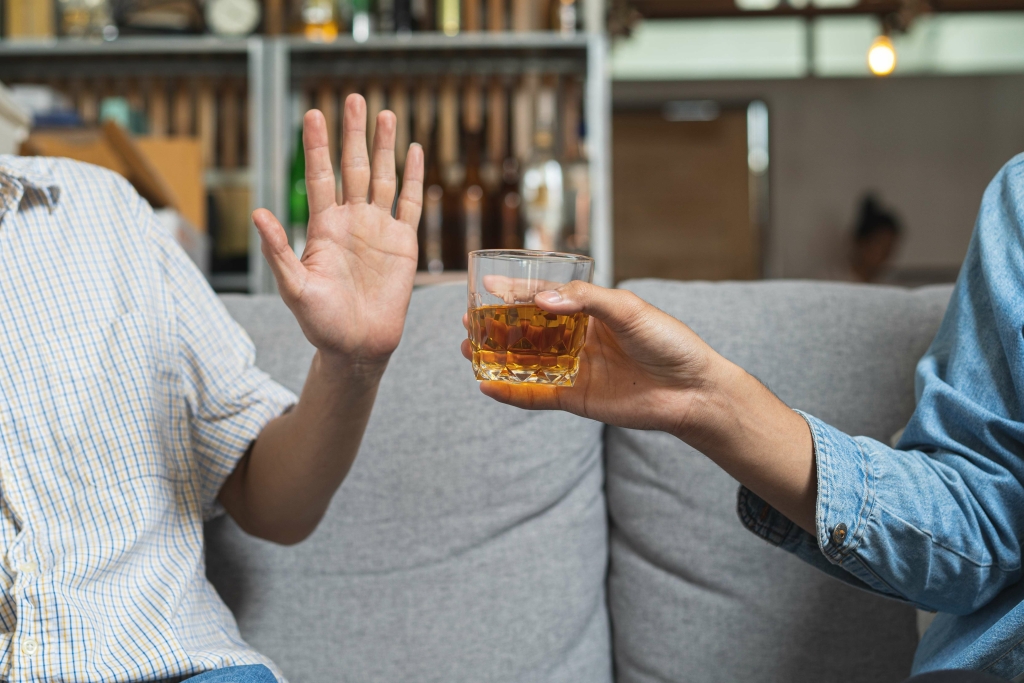Hangover Cures: Effective Home Remedies Supported by Science
Consider alternating a non-alcoholic drink with each alcoholic beverage. It will give your body more time to digest the alcohol, reducing hangover symptoms. Most of us can break down about one drink’s worth of alcohol each hour. What you drink is far less important than how much, but there’s some evidence that darker beverages https://ecosoberhouse.com/ — whiskey, brandy, red wine, tequila — cause more problems than clear drinks such as gin and vodka. They are thought to contain chemicals called congeners that add to ethanol’s harmful effects. Drinking alcohol faster than your body can process it can overwhelm your system and lead to a worse hangover the next day.

A single alcoholic drink is enough to trigger a hangover for some people, while others may drink heavily and not have a hangover. Light-colored alcohols, such as vodka or white wine, have fewer congeners (hangover-causing toxins). Not drinking alcohol is the only surefire way to prevent a monster how long does a hangover last hangover in the future. Alcohol has a diuretic effect that makes you pee more, leading to dehydration if you’re not also drinking water. If you drink enough alcohol to vomit, then that’s even more fluid lost. For one, it gets you intoxicated faster and makes day-after misery a lot more likely.
Amount of Rest You Receive After Drinking
Some people take over-the-counter pain relievers (often acetaminophen) before going to bed to minimize hangovers. It is important to recognize that the combination of alcohol and acetaminophen can be toxic to the liver. Like alcohol, certain over-the-counter pain relievers, including aspirin and ibuprofen, can increase acid release and irritate the lining of the stomach. Proceed with caution when using these medications before or after consuming alcohol. Some people rehydrate using sports drinks containing electrolytes to ease hangover symptoms. However, research has not found a connection between electrolyte disruption and hangover symptom severity.
In the study, participants using red ginseng had lower concentrations of ethanol and increased acetaldehyde levels compared with placebo. This suggests that the red ginseng increased the speed of ethanol’s conversion to acetaldehyde. A 2020 study found evidence to suggest that red ginseng may reduce hangover symptom severity by reducing the ethanol concentration in the blood. This means it is difficult to predict the number of drinks or the amount of alcohol that will cause a hangover. However, generally, if a person drinks enough to feel intoxicated, they have a greater chance of experiencing a hangover.
How do you get rid of nausea from a hangover?
Some people have a headache a few hours after drinking wine — especially red wine. But it’s different from a hangover, which may or may not include a headache. It’s possible that some chemicals in wine and how the body responds to them could result in a headache after drinking wine. More research is needed to find the exact cause of wine headache.
It’s also important to get medical help if you have dehydration symptoms. While the nausea is uncomfortable, it isn’t necessarily cause for concern. Many of these disturbances of the body’s natural physiology persist the next day, long after the alcohol is gone. Dehydration plays a significant role, as does acetaldehyde. Effects on hormones, blood chemistry, the sleep-wake cycle and inflammatory chemicals are also important in the thoroughly lousy feeling we have come to know as a hangover.
How little is enough to make an impact the next day?
A person must wait for the body to finish clearing the toxic byproducts of alcohol metabolism, to rehydrate, to heal irritated tissue, and to restore immune and brain activity to normal. There is no way to speed up the brain’s recovery from alcohol use—drinking coffee, taking a shower, or having an alcoholic beverage the next morning will not cure a hangover. While most over-the-counter hangover remedies won’t help much, there’s one supplement that may do you some good – but you’ll have to plan ahead. Korean pear (Asian pear) juice is an old-school hangover remedy. Research shows that drinking about 7½ ounces helps lower blood alcohol levels and makes hangovers less intense.
